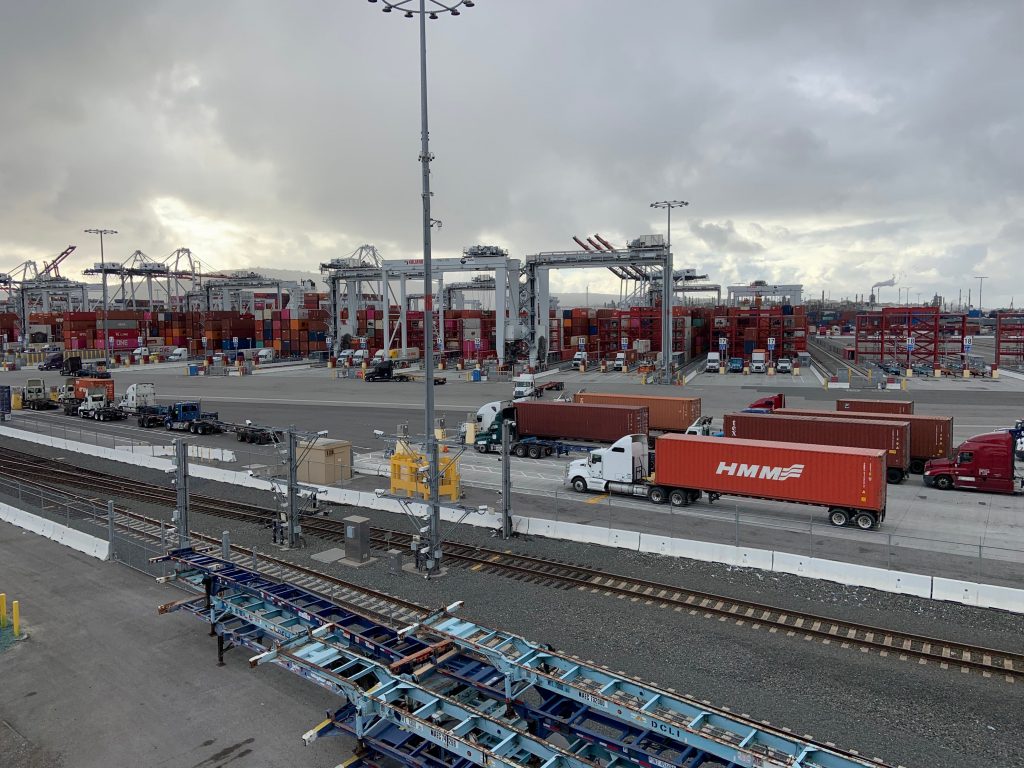- A cooler environment for venture-backed startups is causing belt-tightening across tech sectors.
- After a huge 2021, supply chain tech funding is slowing this year, according to Pitch Book data.
- Founders say unit economics is a focus for investors.
Rounds are shrinking and valuations are waning, but supply chains remain challenged. The problem may be shifting from inventory shortage to inventory glut, but the pressure to keep service up and costs down is still high as ever.
2021 was a banner year for supply chain tech. Startups across supply chain management, freight tech, warehouse tech, and last-mile delivery raked in $64 billion, according to Pitchbook. As of May 9 this year, supply chain tech has raised $17 billion — roughly 27% of last year's funding total and 35% of the way through 2022.
That means supply chain tech venture funding in 2022 is currently pacing to land somewhere above 2020's $38 billion, but below 2021's $64 billion.
Charley Dehoney vice president of Xebox, a tech accelerator founded by the CEO of ocean shipping giant CMA CGM, told Insider business-to-business tech is maintaining investor confidence better than consumer tech.
"I'm definitely seeing that rounds are still coming together — mostly the premium startups that have high quality growth numbers and really good adoption. They're still getting funded at valuations 65% what they were three or four months ago," Dehoney said.
Supply chain-related startups told Insider that investors have increasingly focused on unit economics toward the second half of last year — especially for companies actually moving goods.
"Investors care a lot right now about unit economics for businesses like this, where historically there's been there have been companies that have raised a lot of money that haven't necessarily built a sustainable business model," Eric Wimer, founder and CEO of reverse logistics startup Returnmates told Insider in January.
Returns pickup, which Wimer champions, may be under increased scrutiny due to a spotty history. But even last mile delivery startups, which have traditionally received more funding than any other segment of supply chain tech, are on alert.
Veho founder Itamur Zur told Insider in February that the company's unit economics were as important to investors in its $170 million Series B round as its expansive vision for the future of e-commerce. Last-mile startups continue to draw the most backing from venture investors, but their share of total supply chain investment is dwindling.
Here are five pitch decks supply chain tech startups used to win over investors in the last year.
- Check out the 10-slide pitch deck 2 Amazon alumni created to reel in a $27.5 million Series A round for Shipium, an e-commerce logistics startup
- Here's the 13-page pitch deck the supply-chain-tech startup Tive used to raise its $54 million Series B
- Here's the 14-page pitch deck warehouse robotics startup Exotec used to raise a $335 million Series D
- Here's the 9-page pitch deck supply-chain-data startup Tealbook used to raise its $50 million Series B
- Here's the pitch deck that Salesforce-backed logistics unicorn Bringg used to raise its $100 million Series E round
